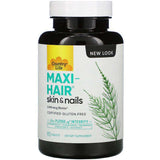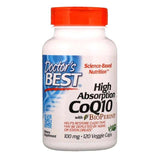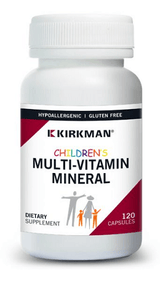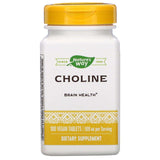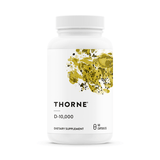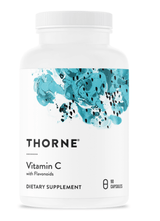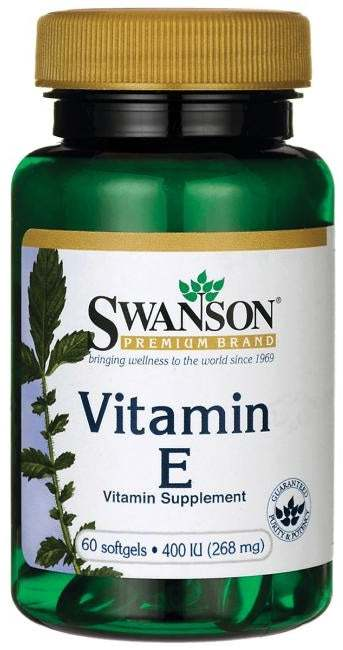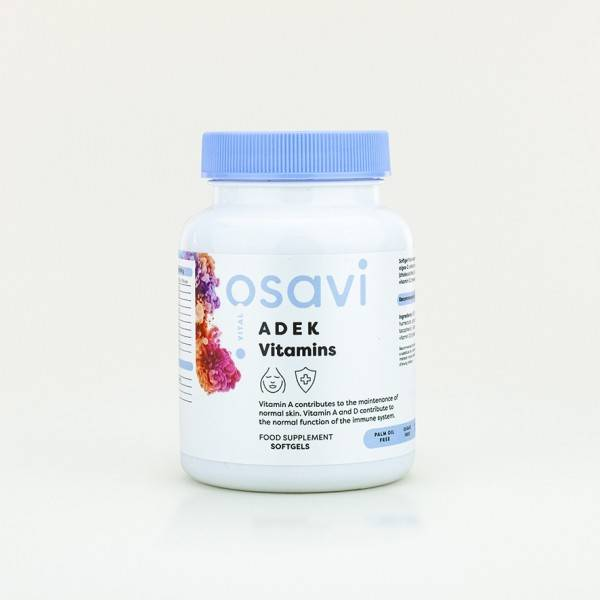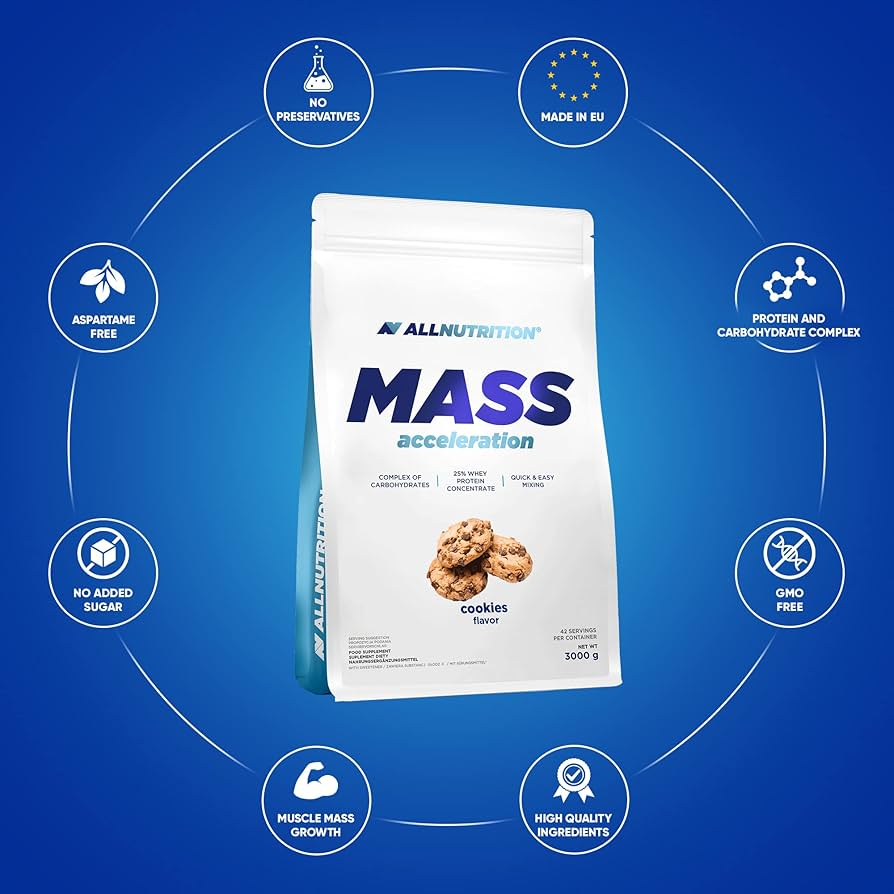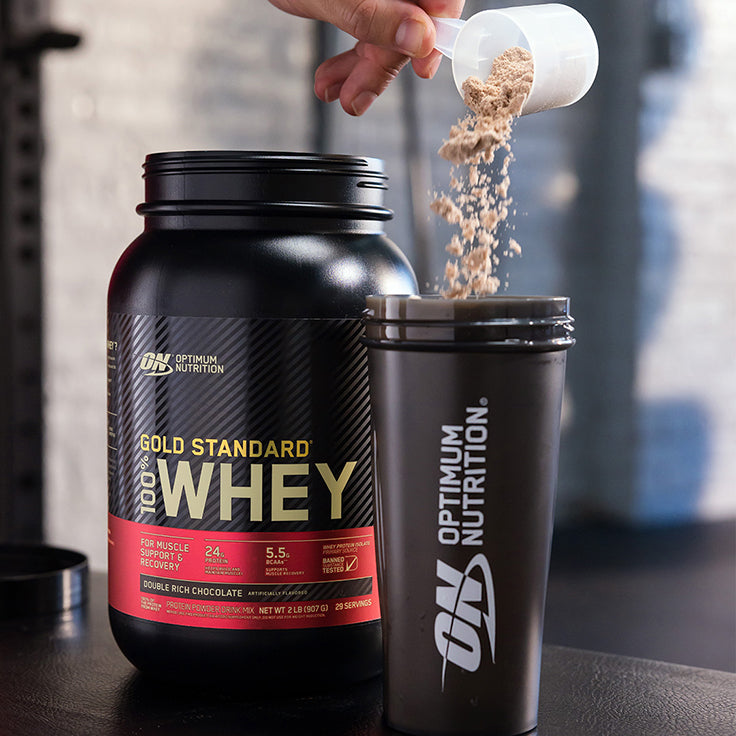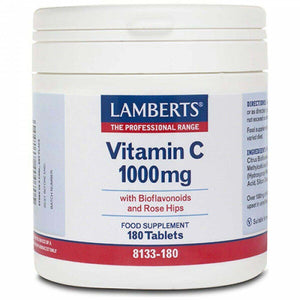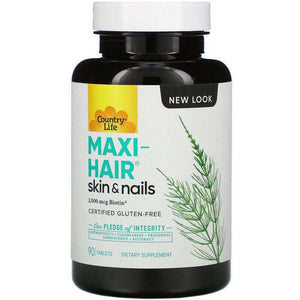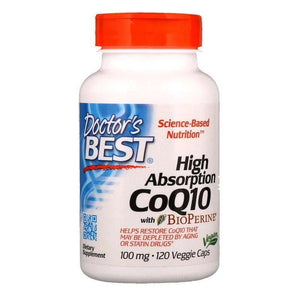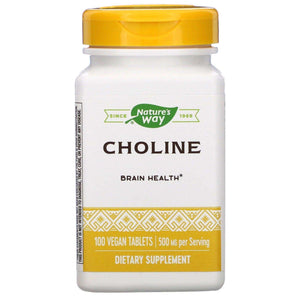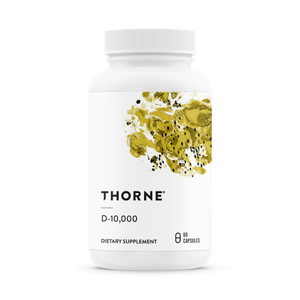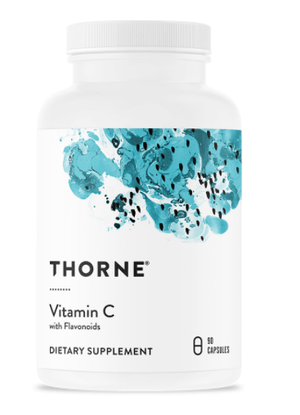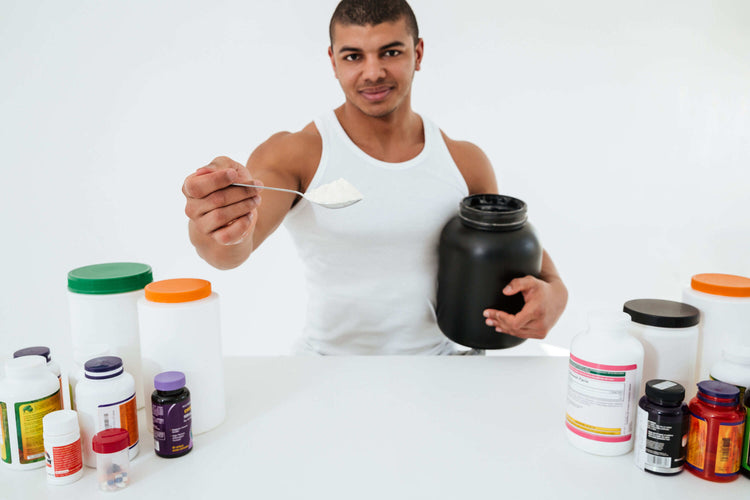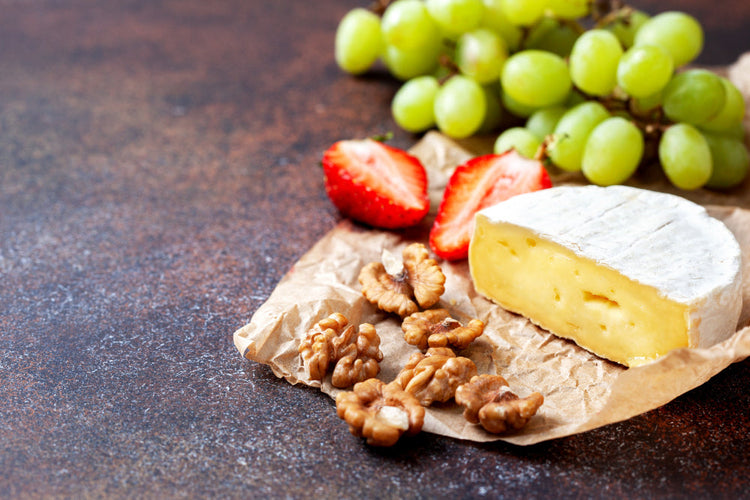
 Instagram
Instagram
Related products
15 Best Protein Snacks

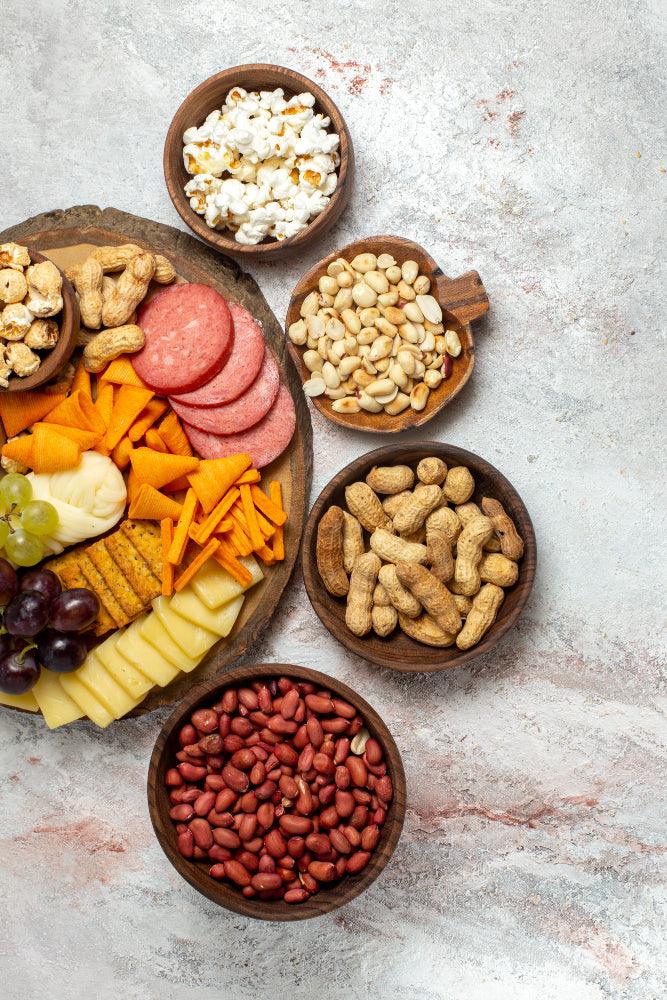
Related products
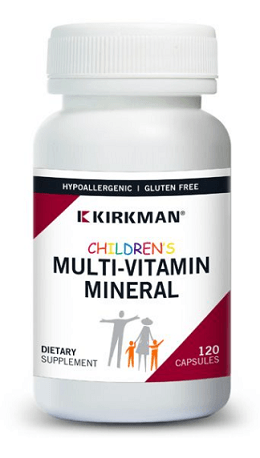
Protein is a fundamental macronutrient essential for numerous bodily functions, including the repair and growth of muscles, the production of enzymes and hormones, and the support of immune system health. Dr. Emma Hughes, a dietician and nutritional expert, emphasizes, "Protein is vital for building and repairing tissues in the body, and its intake should be evenly distributed throughout the day to maintain muscle mass and support metabolic health." Protein snacks, therefore, serve as an integral part of a nutritious diet, offering a convenient way to satisfy dietary needs without compromising on health.
The incorporation of protein snacks into one's diet is not only beneficial for athletes or individuals engaged in regular physical activity but is also crucial for the general population to maintain optimal health. These snacks come in various forms, catering to a wide range of tastes and dietary requirements, including vegan, gluten-free, dairy-free, and low-sugar options. This diversity ensures that everyone can find a protein-rich snack that fits their lifestyle and nutritional needs.
What Qualifies as a Protein Snack?
A protein snack is any small portion of food that is rich in protein content relative to its calorie content. These snacks are designed to be consumed between meals to help maintain steady energy levels and support muscle synthesis throughout the day. According to the British Nutrition Foundation, a snack is considered 'protein-rich' if it provides a significant portion of its energy content from protein, typically containing at least 10 grams of protein per serving.
The Role of Protein in Muscle Repair, Growth, and Overall Health
Protein plays a crucial role in the body, particularly in muscle repair and growth. After exercising, the muscles undergo repair and rebuild processes that require ample protein. Dr. Hughes explains, "Consuming protein-rich snacks post-exercise can expedite muscle recovery, reduce muscle soreness, and increase muscle synthesis." Furthermore, protein is essential for the overall health of the body, contributing to the maintenance of healthy skin, hair, nails, and bones.
Benefits of Incorporating Protein Snacks into Your Diet
Incorporating protein snacks into the diet has several benefits, including stabilizing blood sugar levels, reducing cravings, and promoting satiety between meals. This can aid in weight management by preventing overeating during main meals. "Protein-rich snacks can be a strategic way to manage hunger and sustain energy throughout the day," states Dr. Alan Carter, a general practitioner with a focus on nutrition and weight management.
Criteria for Selecting the Best Protein Snacks
Nutritional Content: Protein Quality, Calorie Count, and Macronutrient Balance
When selecting the best protein snacks, it is crucial to consider the nutritional content. The quality of protein, calorie count, and balance of macronutrients (proteins, fats, and carbohydrates) are paramount. High-quality protein sources contain all essential amino acids necessary for the body's functions. "Look for snacks that provide a good balance of macronutrients, with a focus on lean proteins, complex carbohydrates, and healthy fats," advises Dr. Carter.
Ingredient Quality: Whole Foods vs. Processed Options
The quality of ingredients in protein snacks is another important consideration. Whole food options are generally preferable to highly processed options, as they are closer to their natural state and contain fewer additives and preservatives. "Choosing snacks made from whole foods not only ensures better nutrient quality but also promotes better health outcomes," Dr. Hughes remarks.
Dietary Considerations: Vegan, Gluten-Free, Dairy-Free, and Low-Sugar Options
Catering to various dietary requirements is essential when selecting protein snacks. Vegan options include snacks made from plant-based proteins like legumes, nuts, and seeds. Gluten-free, dairy-free, and low-sugar options are also available to accommodate individuals with specific dietary restrictions or health concerns. "It's important to read labels carefully to ensure the snack meets your dietary needs and health goals," Dr. Carter advises.
Convenience and Availability
Finally, the convenience and availability of protein snacks are key factors to consider. Snacks that are easy to transport and do not require refrigeration are particularly useful for busy individuals or those on the go. Availability is equally important; selecting snacks that can be easily purchased from local stores or online can ensure consistency in maintaining a protein-rich diet.
In conclusion, understanding the role of protein in the diet and selecting the right protein snacks based on nutritional content, ingredient quality, dietary considerations, and convenience can significantly contribute to a healthy and balanced lifestyle.
The 15 Best Protein Snacks
The 15 best protein snacks offer a diverse and nutritious selection for any lifestyle, featuring Greek yogurt parfaits, various types of jerky, cottage cheese bowls, protein bars, mixed nuts and trail mix, hard-boiled eggs, roasted chickpeas, protein smoothies, peanut butter celery sticks, cheese slices or sticks, edamame, tuna salad on whole grain crackers, quinoa salad cups, protein pancakes, and hummus with veggie sticks. These snacks are not only delicious but also cater to various dietary needs, providing high-quality protein to support muscle repair, growth, and overall health. Whether you're looking for a quick post-workout recovery snack, a convenient on-the-go option, or a healthy addition to your daily diet, this list has something for everyone.
1. Greek Yogurt Parfait
Greek yogurt is an excellent source of protein, calcium, and probiotics. It's versatile and can be combined with a variety of toppings to enhance its nutritional value. Dr. Hughes suggests, "For a balanced snack, top Greek yogurt with berries, which are high in antioxidants, and a sprinkle of nuts or seeds for healthy fats." This combination provides a good mix of protein, fibre, and essential nutrients.
2. Jerky (Beef, Turkey, or Vegan Options)
Jerky is a high-protein snack that comes in various forms, including beef, turkey, and vegan options made from mushrooms or soy. When selecting a healthy jerky, it's important to look for options low in sodium and without added sugars. "Opt for jerky with simple ingredients and minimal processing to get the most nutritional benefits," advises Dr. Carter.
3. Cottage Cheese Bowls
Cottage cheese is rich in casein protein, which is slow-digesting and can be beneficial for muscle recovery. Pairing cottage cheese with fruits like pineapple or peaches can enhance the flavour and add a natural sweetness. "The combination of casein protein and the antioxidants found in fruits can support muscle repair and recovery, especially after exercise," notes Dr. Hughes.
4. Protein Bars
When choosing protein bars, the focus should be on bars with whole food ingredients and minimal added sugars. Dr. Carter recommends, "Look for bars that list nuts, seeds, or whey protein as the first ingredients." A DIY protein bar recipe might include oats, protein powder, nuts, seeds, and honey, offering a healthier alternative to many store-bought options.
5. Mixed Nuts and Trail Mix
Nuts are a great source of protein, healthy fats, and fibre. Almonds, pistachios, and walnuts are among the nuts with the highest protein content. Creating a DIY trail mix with a combination of these nuts, along with dried fruits and seeds, can provide a nutritious and satisfying snack. "This mix not only offers protein but also essential minerals and vitamins," Dr. Hughes explains.
6. Hard-Boiled Eggs
Hard-boiled eggs are a convenient and nutritious snack, offering a high-quality source of protein along with vitamins D and B12. They can be seasoned with a pinch of salt and pepper or paprika for added flavour. "Eggs are a complete protein source, meaning they provide all the essential amino acids your body needs," says Dr. Carter.
7. Roasted Chickpeas
Roasted chickpeas are a crunchy, protein-rich snack that's also high in fibre. They can be flavoured with spices like cumin, paprika, or garlic powder. "Chickpeas are a great option for those following a vegan diet, providing both protein and important micronutrients," Dr. Hughes notes.
8. Protein Smoothies
Protein smoothies can be made with a base of milk or plant-based alternatives, protein powder, and a variety of fruits and vegetables. "Adding spinach or kale can boost the nutrient content without altering the taste significantly," suggests Dr. Carter. A balanced smoothie recipe might include whey or pea protein, a banana, mixed berries, spinach, and almond milk.
9. Peanut Butter Celery Sticks
Celery sticks filled with peanut butter offer a good mix of protein, healthy fats, and crunch. For those with nut allergies, sunflower seed butter is a great alternative. "This snack is not only satisfying but also provides a good dose of vitamins E and B6," Dr. Hughes mentions.
10. Cheese Slices or Sticks
Cheese is a convenient source of calcium and protein. Opting for cheeses like mozzarella or cheddar can offer a good protein boost. Pairing cheese with whole-grain crackers or apple slices can make for a balanced snack. "Cheese provides essential fatty acids and protein, making it a satisfying snack," says Dr. Carter.
11. Edamame
Edamame beans are a complete protein, making them an excellent snack for vegetarians and vegans. They can be seasoned with sea salt or tossed in a salad. "Edamame is also rich in iron and calcium, supporting bone health," Dr. Hughes points out.
12. Tuna Salad on Whole Grain Crackers
Tuna is a lean protein source rich in omega-3 fatty acids. Mixing tuna with a little Greek yogurt and spreading it on whole grain crackers offers a balanced snack. "The omega-3s in tuna support heart and brain health," Dr. Carter explains.
13. Quinoa Salad Cups
Quinoa is a complete protein and can be used as the base for a nutritious salad. Mix quinoa with vegetables like cucumber, tomatoes, and spinach, and add a lemon vinaigrette for flavour. "Quinoa's amino acid profile supports muscle development and repair," says Dr. Hughes.
14. Protein Pancakes
Protein pancakes can be made by adding protein powder to a traditional pancake mix. Topping them with Greek yogurt or fresh fruit can increase their nutritional value. "These pancakes are a great way to start the day with a high-protein breakfast," Dr. Carter remarks.
15. Hummus and Veggie Sticks
Hummus, made from chickpeas and tahini, is a good source of protein and healthy fats. Pairing hummus with vegetable sticks such as carrots, bell peppers, or cucumbers provides a snack that's both nutritious and hydrating. "This combination delivers protein, fibre, and a range of vitamins and minerals," Dr. Hughes concludes.
Selecting protein snacks that align with these guidelines ensures that you're not only satisfying hunger but also contributing positively to your overall health and well-being.
Making Protein Snacks Work for You
Integrating protein snacks into a busy lifestyle can be a simple yet effective way to maintain energy levels, support muscle health, and manage weight. Dr. Emma Hughes suggests, "Prepping protein-rich snacks in advance and keeping them accessible can prevent reaching for less nutritious options during a busy day." Portioning snacks ahead of time and choosing single-serving packages can also aid in this effort.
Tips for Integrating Protein Snacks into a Busy Lifestyle
- Preparation is Key: Spend some time each week preparing protein snacks. Hard-boiled eggs, portioned nuts, and pre-cut vegetables can be stored in the fridge for quick access.
- Choose Portable Options: For those always on the move, jerky, protein bars, and single-serving packs of nuts are convenient and require no refrigeration.
- Smart Storage: Keep a stash of protein snacks in your office, car, or bag to ensure you always have access to healthy options.
Portion Control and Listening to Your Body's Hunger Cues
Understanding and responding to your body's hunger cues is crucial for effective snacking. Dr. Alan Carter advises, "Eating protein snacks when you're genuinely hungry can help regulate your appetite and prevent overeating at meal times." It's also important to be mindful of portion sizes to avoid consuming excessive calories. "Portion control doesn't just help with weight management; it ensures that you're getting just the right amount of protein to fuel your body without overdoing it," he adds.
How to Use Protein Snacks Effectively for Weight Management or Muscle Building
For weight management, protein snacks can be a strategic tool to increase satiety and reduce overall calorie intake. "Choosing snacks with a high protein content can help keep you fuller for longer, reducing the likelihood of overeating," Dr. Hughes explains. For those focused on muscle building, protein snacks can provide essential amino acids needed for muscle repair and growth. "Consuming a protein-rich snack post-exercise can optimize muscle recovery and growth by providing the necessary building blocks for muscle synthesis," she continues.
People Also Ask
What Snacks are Highest in Protein?
Snacks that are highest in protein typically include options that are either purely protein sources or have been fortified with additional protein. Here are some of the top choices:
- Jerky (Beef, Turkey, or Vegan Options): Jerky is a concentrated source of protein, providing around 9 to 15 grams of protein per ounce, depending on the variety and brand.
- Greek Yogurt: Greek yogurt can offer between 15 to 20 grams of protein per 6-ounce serving, making it a high-protein snack option.
- Cottage Cheese: With about 14 grams of protein per half-cup serving, cottage cheese is a protein-rich snack that can be enhanced with fruits or nuts.
- Protein Bars: Many protein bars are designed to be high in protein, offering anywhere from 10 to 25 grams of protein per bar, depending on the brand and ingredients.
- Hard-Boiled Eggs: Each hard-boiled egg provides about 6 grams of protein, making them a good snack option.
- Mixed Nuts: Nuts are a good source of protein, with almonds, pistachios, and cashews among the highest, offering between 5 to 7 grams of protein per ounce.
- Edamame: A cup of cooked edamame provides about 17 grams of protein, making it a highly nutritious plant-based protein snack.
- Tuna Packet: A single-serving packet of tuna (about 2.5 ounces) can provide around 15 to 20 grams of protein, offering a portable and convenient protein snack.
How Do I Get a 30g Protein Snack?
To achieve a snack that provides 30 grams of protein, you may need to combine a few protein-rich foods or choose snacks that are particularly high in protein content. Here are some ideas:
- Greek Yogurt with Mix-ins: Start with a cup of Greek yogurt (about 20 grams of protein) and add a scoop of protein powder (around 10 grams of protein) to reach or exceed 30 grams of protein.
- Protein Smoothie: Blend a scoop of protein powder (20 grams of protein) with a cup of milk or a milk alternative (about 8 grams of protein for cow's milk), adding a tablespoon of peanut butter (about 4 grams of protein) to achieve 30+ grams of protein.
- Cottage Cheese and Almonds: Combine a cup of cottage cheese (about 28 grams of protein) with a small handful of almonds (about 6 grams of protein per ounce) to exceed 30 grams of protein.
- Tuna Salad: Mix a can of tuna (about 25 grams of protein) with Greek yogurt or mayo and add a hard-boiled egg (6 grams of protein) to the mix for a snack that totals over 30 grams of protein.
- Protein Bar and Nuts: Some high-protein bars can contain up to 20 grams of protein. Pair such a bar with a serving of nuts (about 10 grams of protein per ounce for certain types) to reach the 30 grams protein goal.
When aiming for a high-protein snack, especially one providing as much as 30 grams of protein, it's important to consider the overall balance of your diet to ensure you're not exceeding your daily protein needs, which can vary based on your body size, activity level, and health goals.
Conclusion
Selecting the right protein snacks can significantly contribute to a balanced diet, supporting various health goals from weight management to muscle building. The benefits of incorporating high-quality protein snacks into your diet are manifold, including improved satiety, better nutritional intake, and enhanced overall health.
As you explore the variety of protein snacks available, you're encouraged to try new options and discover what works best for your taste preferences and nutritional needs. Whether it's experimenting with different toppings for Greek yogurt parfaits, exploring the variety of nuts and seeds, or making your own protein bars, there's a wide array of choices to suit every palate.
Remember, the key to a healthy diet is balance and moderation. While protein snacks are an important component of a nutritious diet, they should complement other food groups, including fruits, vegetables, whole grains, and healthy fats. Dr. Carter concludes, "Incorporating a variety of high-quality protein snacks alongside a balanced diet can help you meet your health and wellness goals, providing the energy and nutrients your body needs to thrive."
By embracing these tips and incorporating protein-rich snacks into your daily routine, you can enjoy the many benefits they offer, supporting your health and well-being in a delicious and convenient way.





